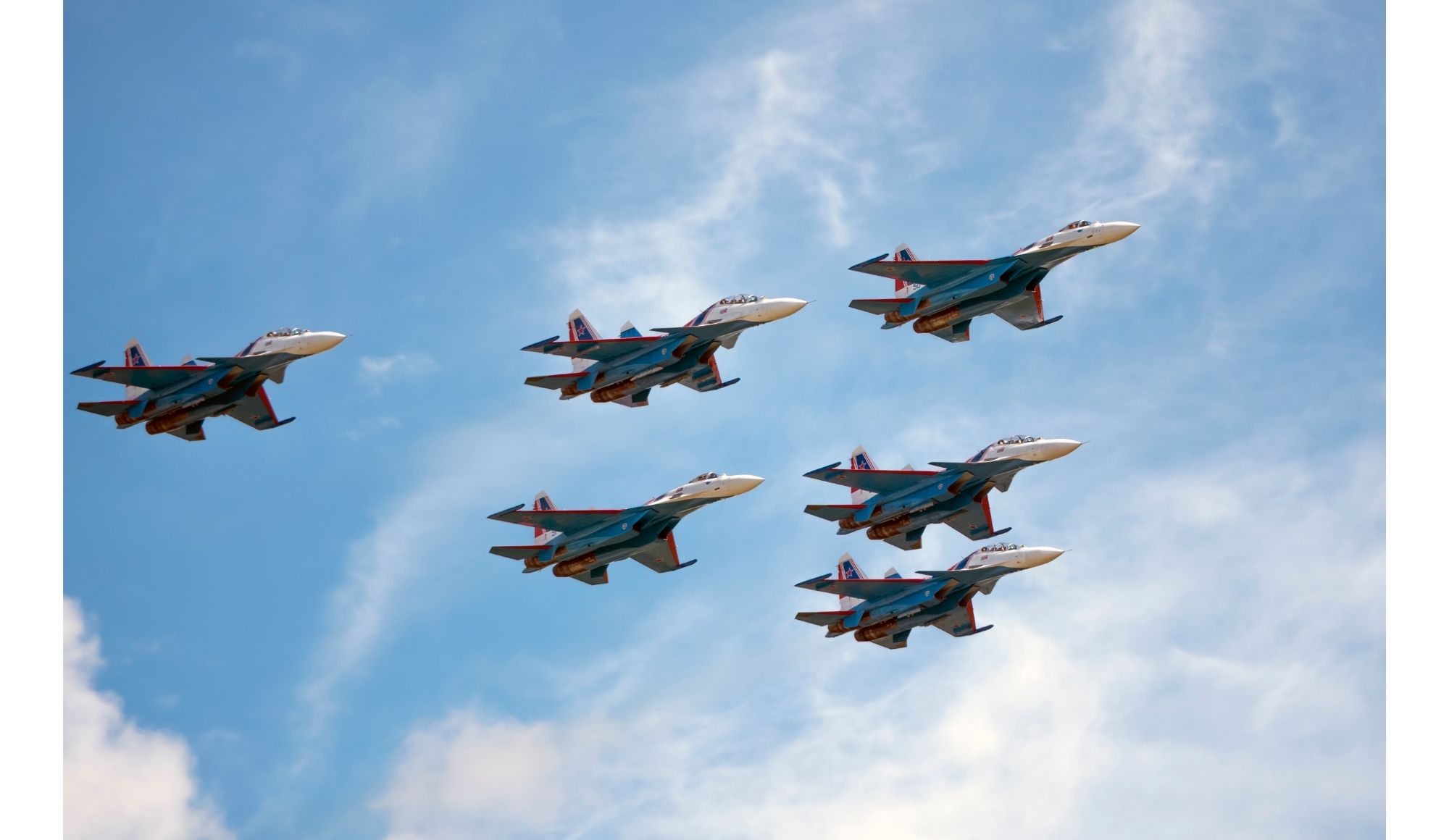Russian Ruble Crashes, The BIG Winner Is…
The international response to the Russian invasion of Ukraine has been rapid and stern. In addition to individual sanctions placed on Putin and much of his cabinet, the Russian banking system has been crippled by having its assets frozen and exclusion from the SWIFT network relied on by international banks for secure data transmission. The effects could be wide-ranging and have repercussions far into the future.
Time To Buy The Ruble? Or Sell, Sell, Sell
Sanctions imposed by the US, the UK, the EU, Canada, and Japan severely limit Russia’s central banking system by freezing foreign-held reserves, somewhere in the neighborhood of $600 billion. Without access to these funds—and the SWIFT messaging system—Russian banks cannot conduct business that would rely on those assets, which has several knock-on effects.
The Russian ruble plummeted, down over 20%, in just one week, and the ostracized nation has experienced an offshore trade falloff of about 32% for the same period. Ordinarily, the Russian central bank would seek to offset those losses by buying rubles with currency holdings in foreign reserves. Because these holdings have been locked in place, the central bank is unable to forestall the destabilization of the domestic currency market.
The ruble will almost certainly continue to tumble, creating even more instability in the banking system and crippling the ill-advised and increasingly ill-fated invasion with a significant funding shortfall. Nothing short of a kind of financial World War, these sanctions are having the desired effect in putting vice-like pressure on Putin and his government.
Governments Nailing Shut Russia’s War Chest
The sanctions have also had a substantial chilling effect on Russian business interests both at home and internationally, with many Russian developers and investors effectively going dark because of a deficit of liquid assets. Share prices are collapsing, contracts are being breached, and the oligarch class is feeling the pain. Unfortunately, so is the ordinary Russian citizen.
The nation’s officially targeted inflation rate of 4% is all but a fond memory for many, as the country is seeing inflation surge to over 9%. While it may seem unfair that these sanctions are affecting ordinary Russians, it is doubtless part of the strategic thinking behind them.
International governments are nailing shut the lids of Russia’s war chest and turning popular opinion against Putin, who has a history of trying to position himself as an “everyman” in an effort to be relatable. When the “everyman” in charge has instigated internationally condemned military action that makes the cost of bread soar, hungry Russian mouths may start to speak out against Putin, his regime, and their policies.
Ruble Freefall Likely To Continue
Freezing foreign-held assets is crippling to the Russian economy and the nation’s ability to continue to fund the war. This may be causing the frenzy of martial activity directed against Ukraine that the world has witnessed in the past few days, including the bombardment of the embattled nation’s nuclear power production facilities.
Wars are expensive to initiate, but they are even more costly to sustain. Troop and materiel movements will likely become increasingly limited, and forward-stationed units may even run out of fuel, food, and ammunition before long. Russia cannot use its frozen foreign assets and must expend resources to prop up its economy and prevent the ruble’s freefall, severely restricting its spending power.
Oil, Wheat & Famine?
All of this upheaval has created a great deal of uncertainty and volatility in international financial markets, and markets do not thrive in uncertain times. Investors will likely become increasingly risk-averse as a response, and this new trepidatious stance will likely linger long after the current conflict in Ukraine resolves.
Oil prices worldwide have already started a steep climb ahead of expected continued short-term disruption. The prices of other commodities have also spiked, most notably wheat, which is likely a grim warning of higher inflation and lowered economic growth on a global scale.
At worst, a widespread wheat shortage will lead to famine. After all, farmers in Ukraine will almost certainly not be working the fields this summer.
Bloodied Ruble, Battered Citizens
The impending collapse of the Russian banking system has resulted in long lines of people outside of virtually every bank in that nation, all desperate to empty their accounts while they still can and while their money still has some value.
As the ruble’s value plunges, the cost of imports rises, which will continue to drive inflation higher. The Russian central bank has more than doubled interest rates in an attempt to arrest the dive of the ruble, which in turn means mortgages rise, lending institutions approve fewer loans, and charge much more in interest for the ones that are approved. Even non-oligarch Russian businesses will suffer, cut off from any assets they may have held offshore.
This is essentially a recipe for recession, or worse, for the Russian economy.
Permanent Effects: Will Crypto Be The Winner?
The face of global finance has likely permanently changed as a result of this war and the sanctions made in response. Any country that may have interests that align with Russia’s will likely introduce unofficial policies—both on a state and private level—to minimize the effectiveness of any sanctions imposed in an uncertain future.
This may have a destabilizing effect on emerging economies. However, these bold moves by western nations have made waging war that much less attractive than before the invasion of Ukraine.
Many countries may look to other currencies as alternatives to the Euro and US dollar. Cryptocurrencies may see a surge in volume and price, but so too might currencies like the Chinese yuan.



